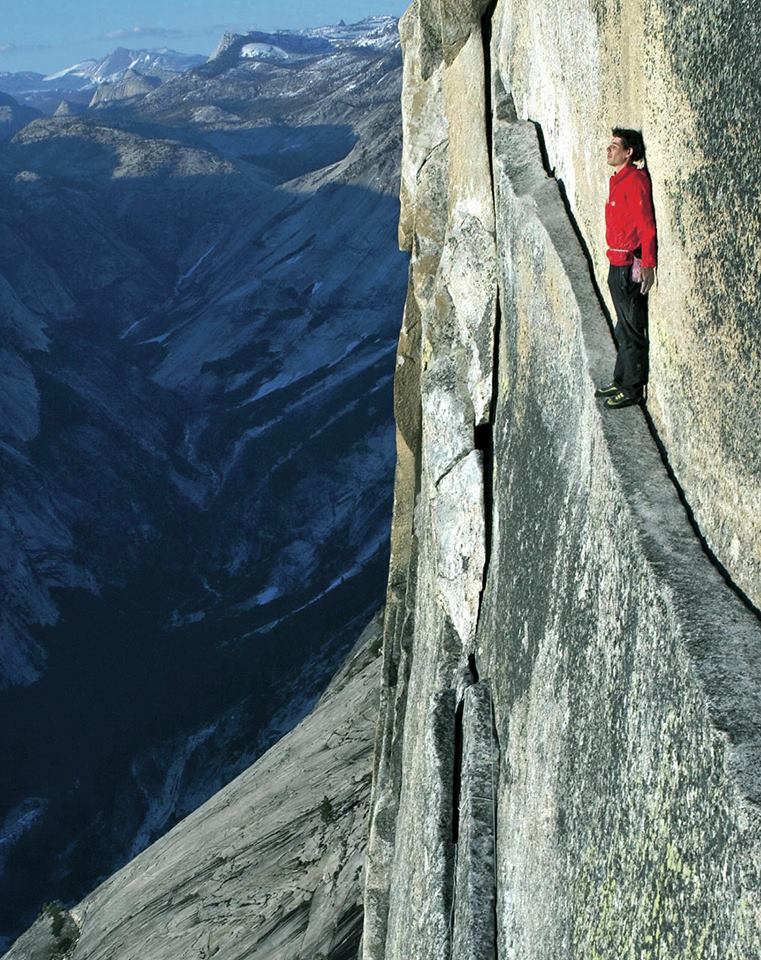The Extreme Verge
by Evelyn Hooven (August 2016)

“You are now within a foot of th’ extreme verge. . . .” (King Lear, iv, vi)
Karl Jaspers on “boundary situations” (Grenzsituationen): “Death, suffering, struggle, chance, guilt—along with wonder and doubt—we react to them either by obfuscation or, if we really apprehend them, by despair and rebirth: we become ourselves. . . .”
You led me to a verge
Past falling, when all the falling’s finished,
And I lie grieving, bereaved and dumb.
At a point past falling,
And past the bruise of rocks, I lay waning,
Dull and diminished, waiting to disappear.
The point past falling
Is like a bell unstrung from the tower
And hurled from ropes that held it high and spired,
Like a bell unringing
With no ritual to sing, no tolls exhorting
Celebrants to trample the homes of death.
Like the point past falling
I lay, a bell with no hours, no striking, no
Ceremonies to say, an unperformer.
You pushed me to a verge
Past mourning, and I lie like a still-struck
Griever, unchanting, bereaved, and dumb.
____________________________
Evelyn Hooven graduated from Mount Holyoke College and received her M.A. from Yale University, where she also studied at The Yale School of Drama. A member of the Dramatists’ Guild, she has had presentations of her verse dramas at several theatrical venues, including The Maxwell Anderson Playwrights Series in Greenwich, CT (after a state-wide competition) and The Poet’s Theatre in Cambridge, MA (result of a national competition). Her poems and translations from the French have appeared in ART TIMES, Chelsea, The Literary Review, THE SHOp: A Magazine of Poetry (in Ireland), The Tribeca Poetry Review, Vallum (in Montreal), and other journals, and her literary criticism in Oxford University’s Essays in Criticism.
To comment on this poem, please click here.
To help New English Review continue to publish moving and thought provoking poems such as this, please click here.
If you have enjoyed this poem by Evelyn Hooven and want to read more of her work, please click here.